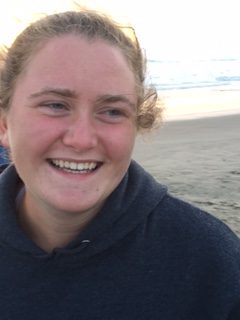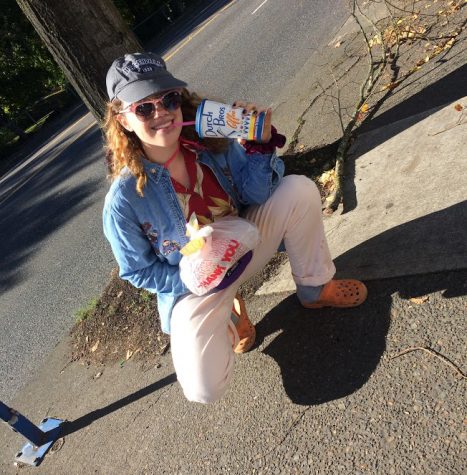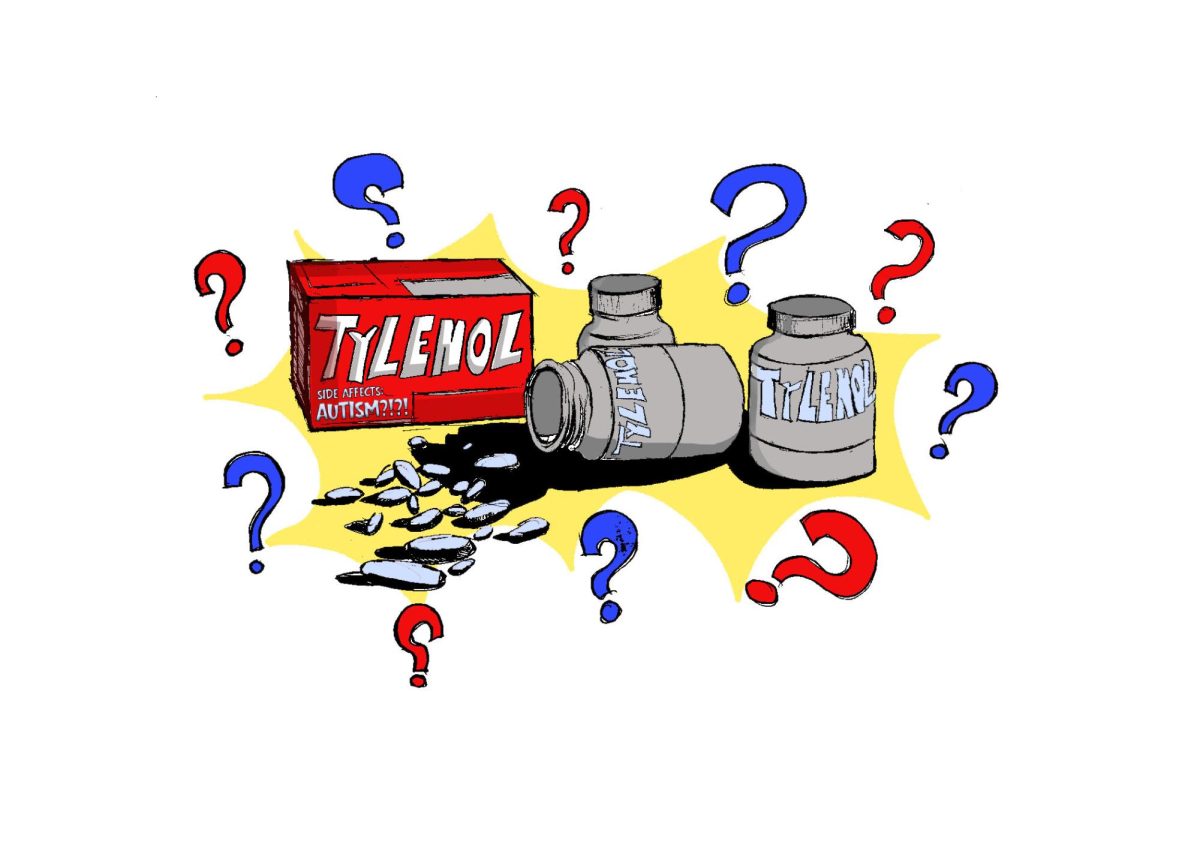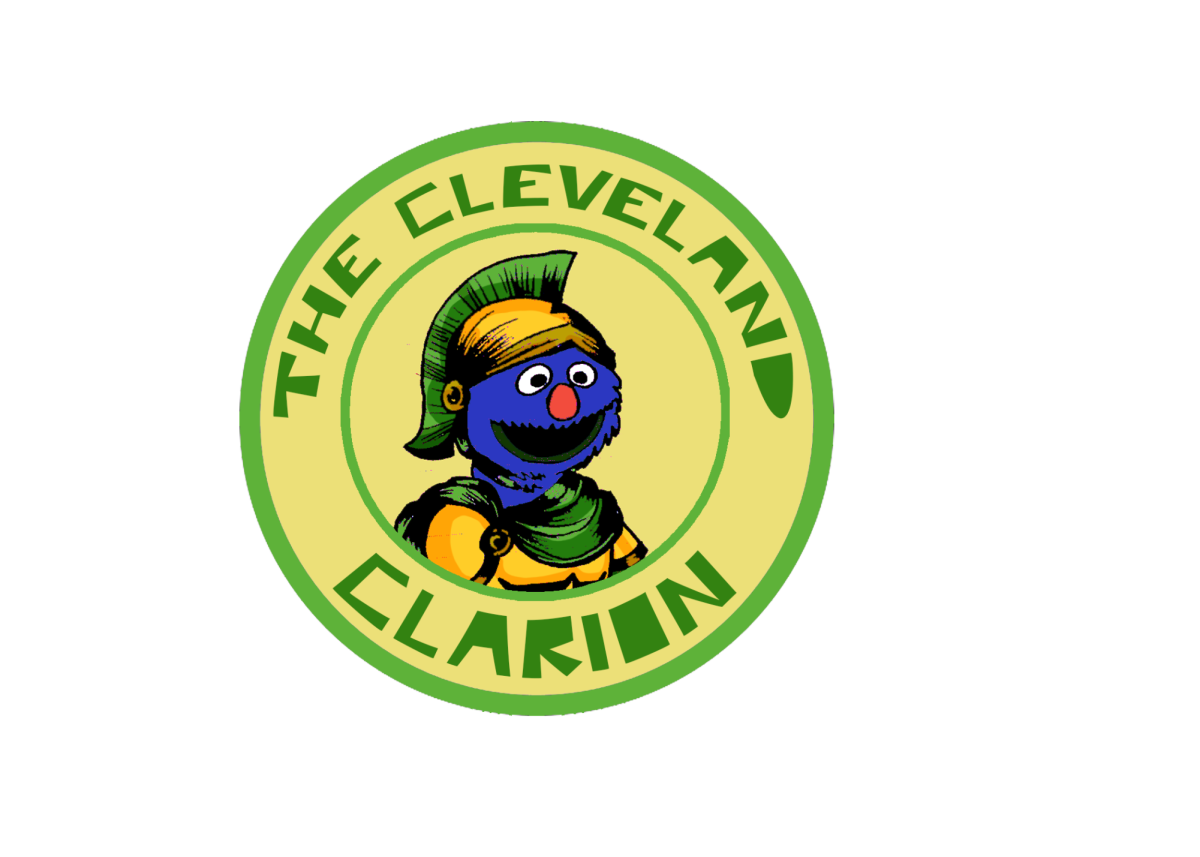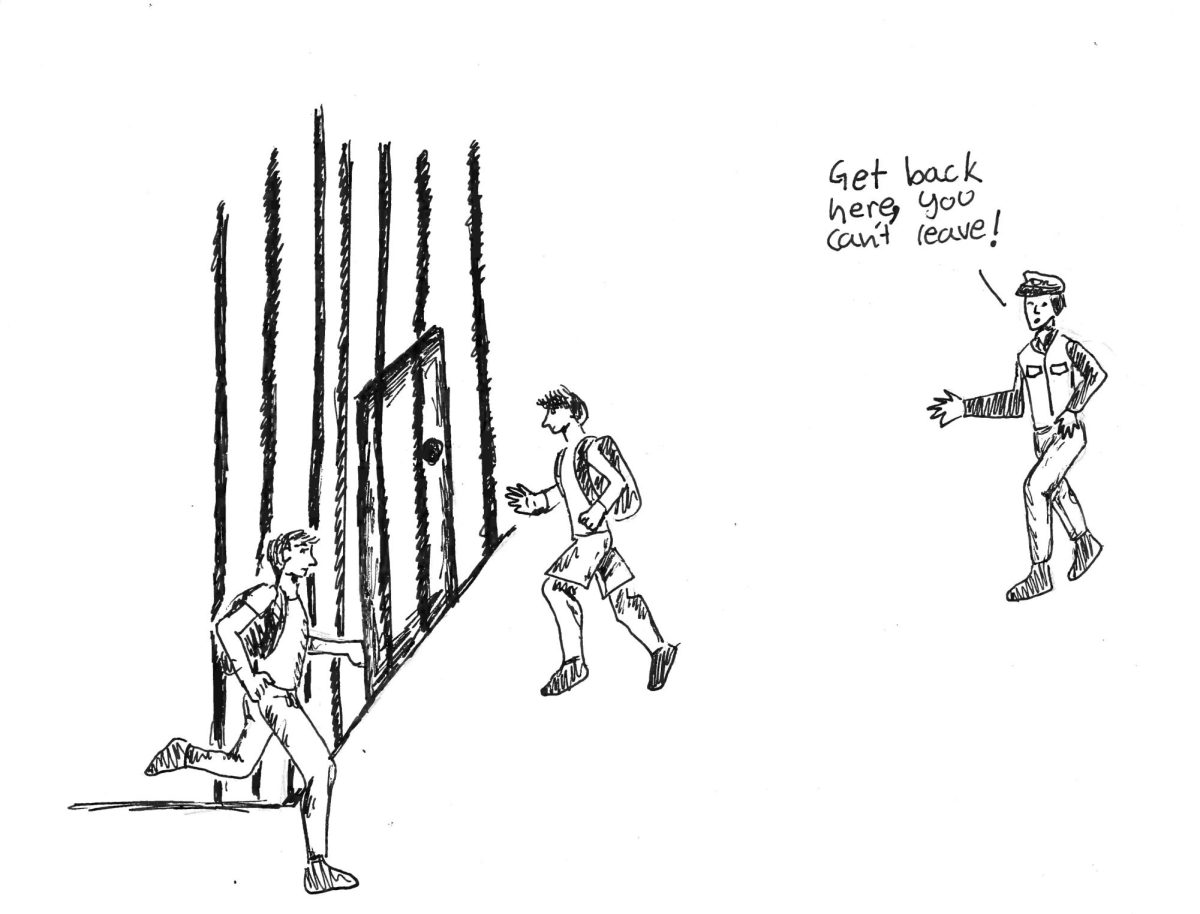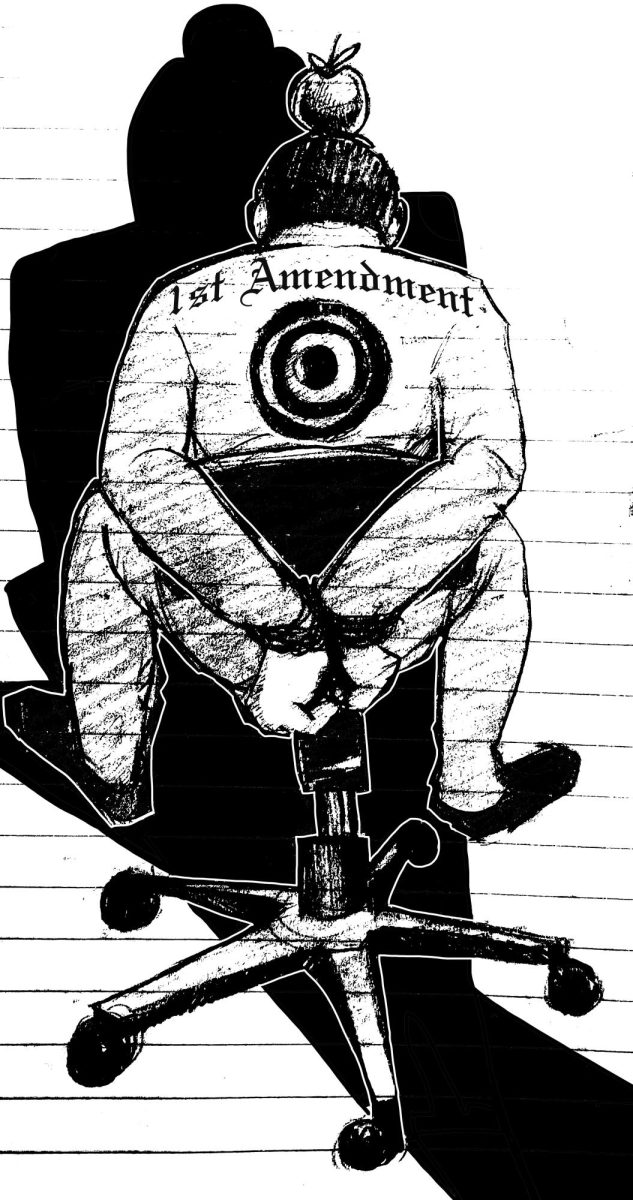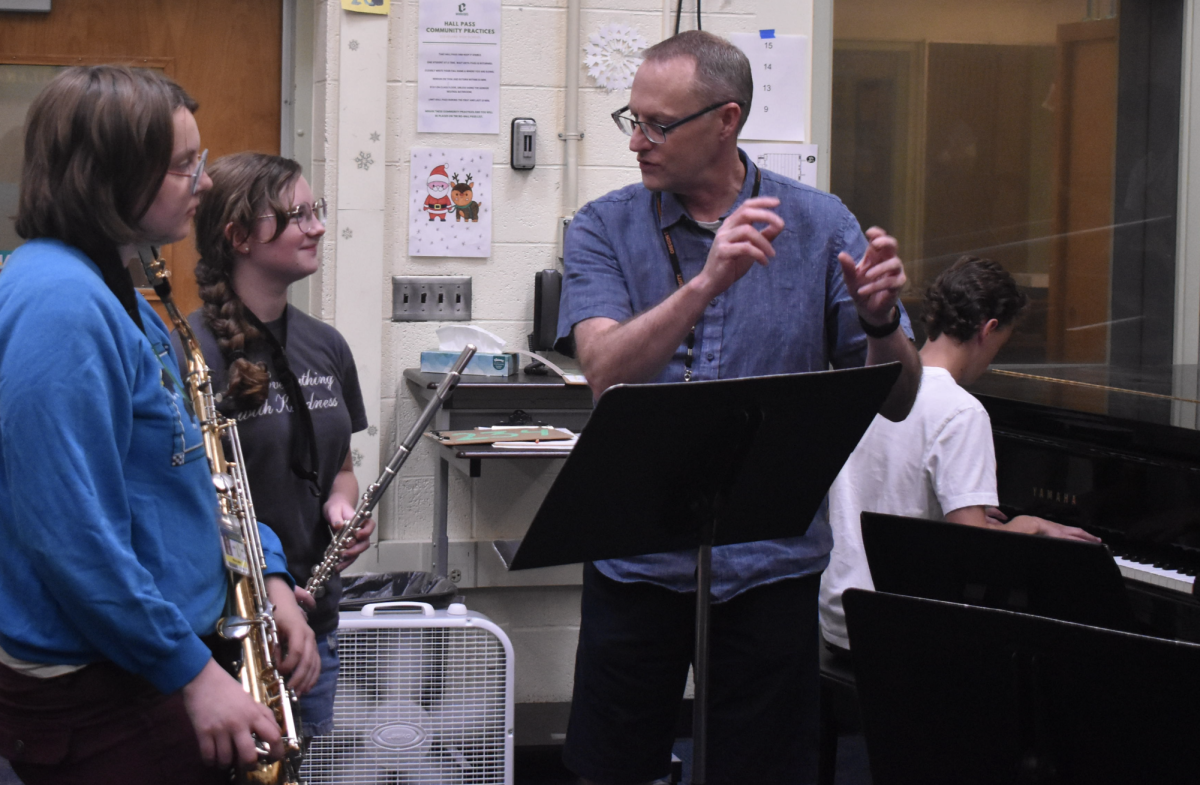Are we sure about “Kafka on the Shore”?
May 25, 2017
TRIGGER WARNING: This article contains mention of and information about sexual assault, violence, and rape that may be triggering to survivors.
Haruki Murakami’s novel, “Kafka on the Shore,” contains graphic scenes. This is true. However, these passages are pertinent to the plot, regardless of how troubling they might be to read. If every unpleasant subject was deemed too inappropriate to be read in school, how would students be exposed to anything that is outside their comfort zone?
In each class of IB junior English that read “Kafka on the Shore,” the teacher advised that there would be “graphic content” in this novel. The teacher’s warning did not specifically state there would be detailed depictions of sexual assault. We agree that this should have been communicated before the book was started. Nonetheless, this book is included on a list of IB-approved translated texts; meaning that the book has been deemed appropriate for any IB English class in all the countries that participate in the IB program.
There are some students–specifically, students in the class–who heard about the contents of the novel from their friends and got all flustered without reading it themselves. When you read “Kafka on the Shore,” it will become clear that this novel is more than its few graphic scenes. This is a book that is difficult to grasp the overarching meaning of by surfing Sparknotes. Without actually reading it, students will never understand the full context of such an intricate text with simple chapter summaries that only skim the surface. “Kafka on the Shore” illustrates themes of destiny and family through displays of personal pleasure and violence. None of these topics should be new to any high school student. Similar scenes are common throughout books, shows, and movies that appeal to the demographic of high school students. And seeing that many high schoolers are in tune with what is happening in the real world outside of the boundaries of Cleveland, the events that transpired in this novel are nothing we have not seen before.
Cormac McCarthy is another IB-approved author. His 2006 novel, “The Road,” won the Pulitzer Prize for fiction. It involves portrayals of death and rape as well. While this doesn’t diminish the distastefulness of its graphic scenes, it does speak to the high standard the IB program has when choosing its books. Some students disputed the explicit nature of this book as well, arguing that it should not have been authorized at all. The truth of the matter is this: suggestive and sometimes obscene material is “a necessary evil” in literature. With that in mind, the depiction of rape contributed to the plot of “Kafka on the Shore,” just as the other consensual sexual encounters did.
While it would have been undoubtedly uncomfortable, it would have been nice to specifically address the act of sexual violence in the novel during one of the socratic seminars issued in class. However, since the socratic seminars are led by the students, it was hard for them to bring up such a loaded topic in class. This scene was intense enough that a debriefing really was required, so it is not ignored as something that is acceptable. Conversely, alternative assignments were offered to students who were uncomfortable with the subject matter.
The IB English teacher who assigned the novel commented, saying, “If anyone had come to me and said, ‘I do not care for this book. It violates my principles and my morality,’ I would’ve found another text. So, we always offer alternatives. I appreciate the comments that people have about books and things. But lastly, when you start objecting to certain texts, that starts creating a texture of censorship.”
It is imperative that schools do not shy away from books that include scenes such as these, as it creates a filtered view. This situation is reminiscent of when William S. Burroughs’ “Naked Lunch” was banned in the city of Boston for being “morally corrosive” and “pernicious.” The Supreme Court of Massachusetts reversed the ban, stating that “Naked Lunch” provided social value, and its obscenity could cause no physical harm. Similarly, “Kafka on the Shore” holds merit as a literary piece despite its controversial nature.



